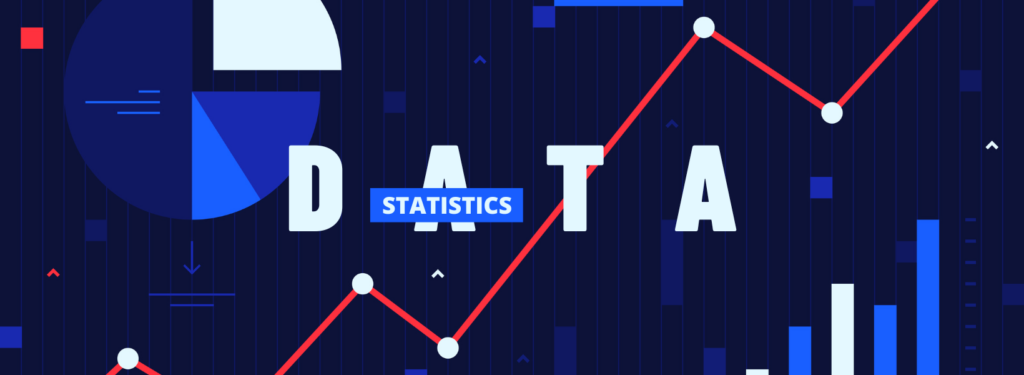In a world increasingly defined by data, the potential for leveraging information to address pressing global challenges has never been more significant. Enter the realm of “Data for Good,” where data science emerges as a powerful tool to tackle issues ranging from climate change to poverty and healthcare disparities. This transformative approach harnesses the immense potential of data to bring about positive social impact and drive meaningful change.

The Power of Data Science
1. Climate Change Mitigation:
Data science is playing a pivotal role in combating climate change. Through sophisticated algorithms and predictive modeling, scientists can analyze vast datasets to understand climate patterns, predict natural disasters, and assess the impact of human activities on the environment. This information empowers policymakers, environmentalists, and communities to make informed decisions and implement effective strategies for sustainable living.
2. Alleviating Poverty:
In the fight against poverty, data science serves as a beacon of hope. Organizations are utilizing data to gain insights into poverty dynamics, identify at-risk populations, and tailor interventions for maximum impact. By understanding socio-economic patterns and employment trends, data-driven initiatives can create targeted solutions, such as microfinance programs and skill development initiatives, lifting communities out of poverty.
3. Bridging Healthcare Disparities:
Addressing healthcare disparities on a global scale requires a nuanced understanding of diverse factors. Data science is revolutionizing healthcare by enabling personalized medicine, optimizing resource allocation, and predicting disease outbreaks. From analyzing patient demographics to optimizing healthcare delivery systems, data-driven approaches enhance the accessibility and quality of healthcare, especially in underserved communities.
Inspiring Stories of Data-Driven Impact
1. Global Forest Watch:
Global Forest Watch, powered by data science, monitors deforestation and illegal logging worldwide. Satellite imagery and machine learning algorithms are employed to detect changes in forest cover, enabling timely interventions to protect biodiversity and combat climate change.
2. DataKind:
DataKind brings together data scientists and social organizations to collaboratively address global challenges. Their projects span various domains, from improving disaster response strategies to optimizing food distribution systems, showcasing the potential of data science in creating positive social change.
3. Zipline:
Zipline, a drone delivery service, utilizes data analytics to optimize the supply chain for medical resources. By analyzing health data and consumption patterns, Zipline ensures that medical supplies, including blood and vaccines, reach remote and underserved areas efficiently.
The Path Forward
As we celebrate the triumphs of data science in the realm of social impact, it is crucial to acknowledge the ethical considerations that come with wielding such power. Responsible data collection, privacy protection, and transparency are paramount. Striking a balance between innovation and ethical standards ensures that the data-driven revolution continues to be a force for good.
Conclusion
In the era of Data for Good, the marriage of data science and social impact holds immense promise. From combating climate change to alleviating poverty and addressing healthcare disparities, data-driven initiatives are shaping a more equitable and sustainable future. As we navigate this data-driven landscape, it is our responsibility to champion ethical practices and ensure that the power of data continues to be a force for positive transformation on a global scale.